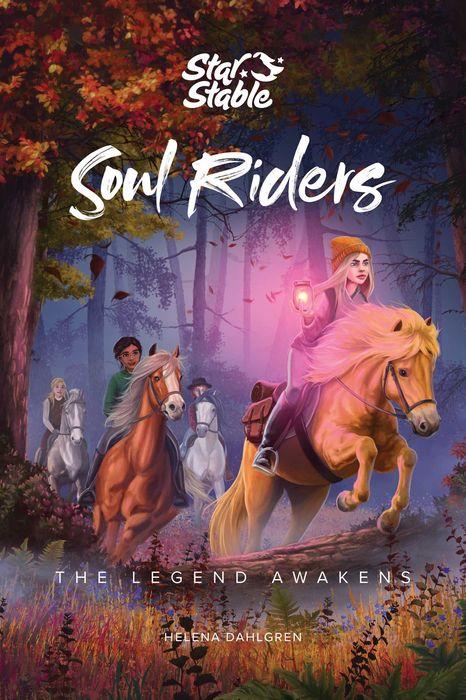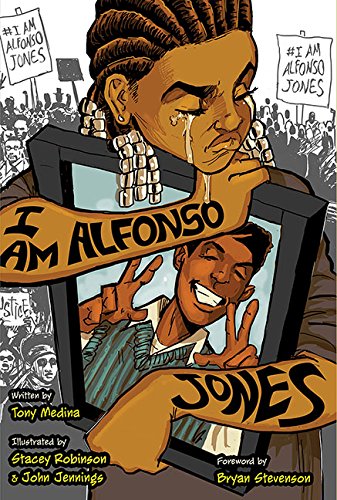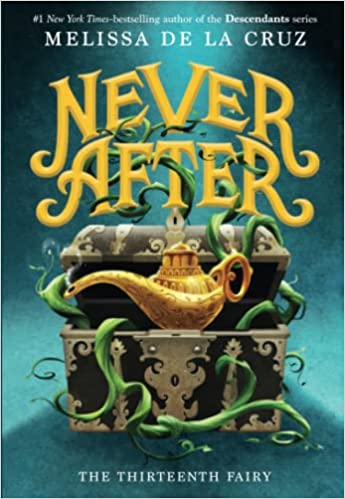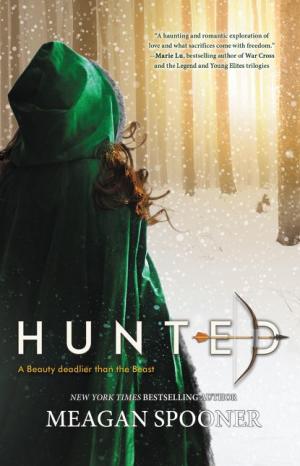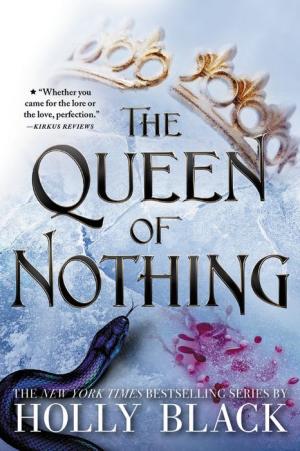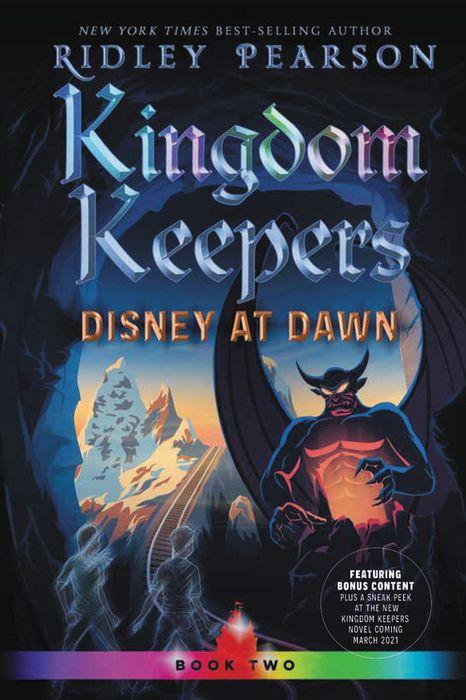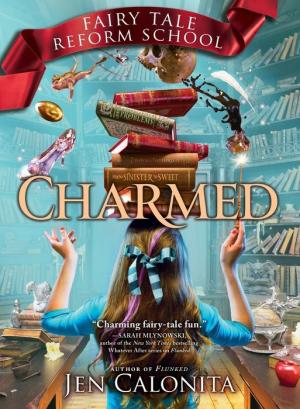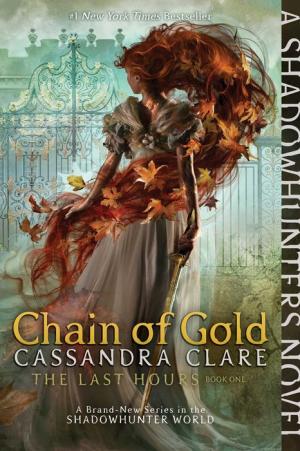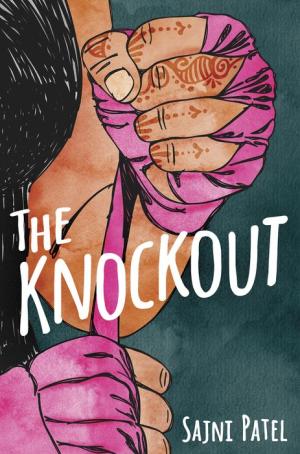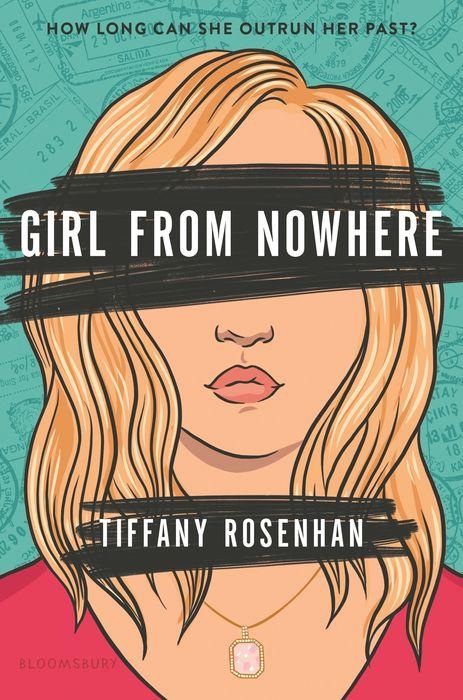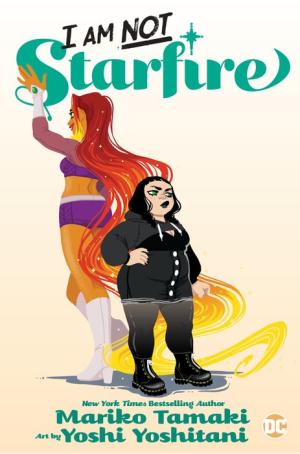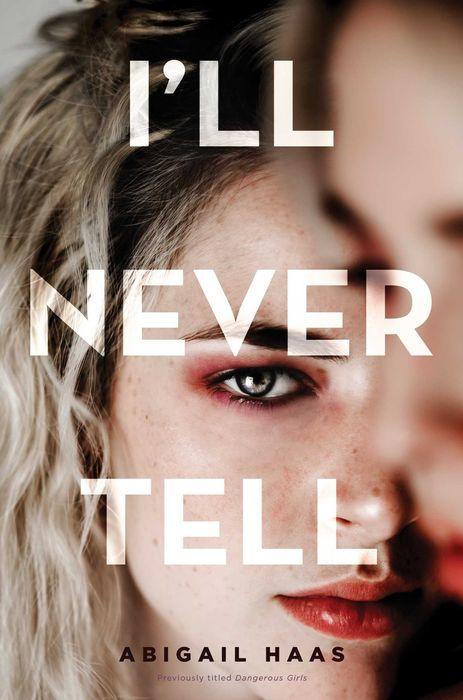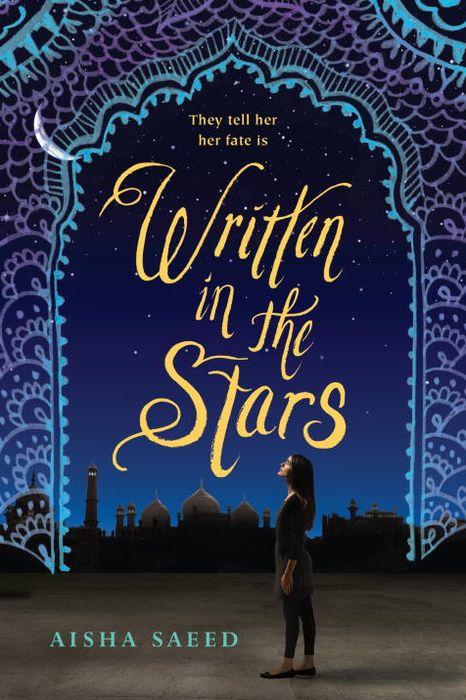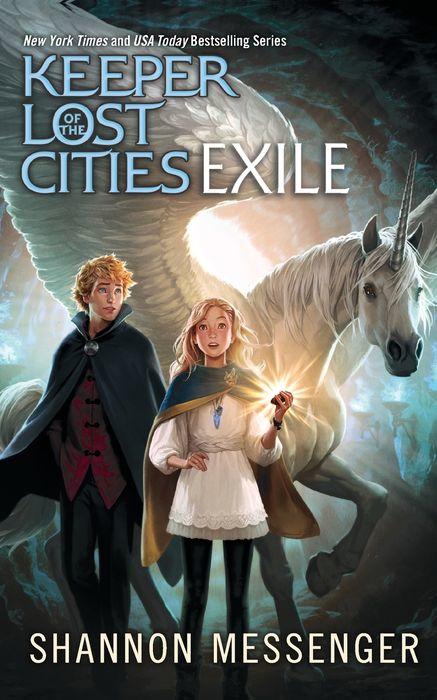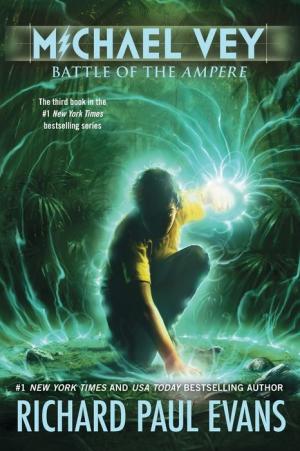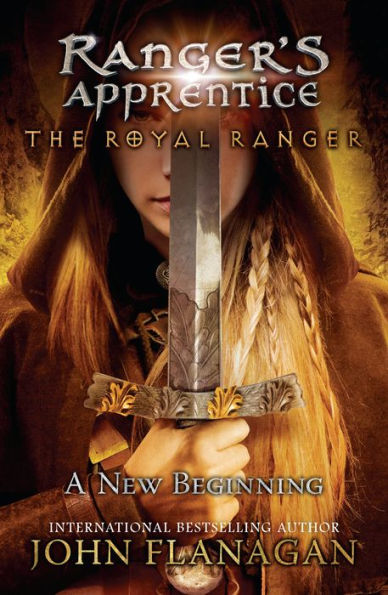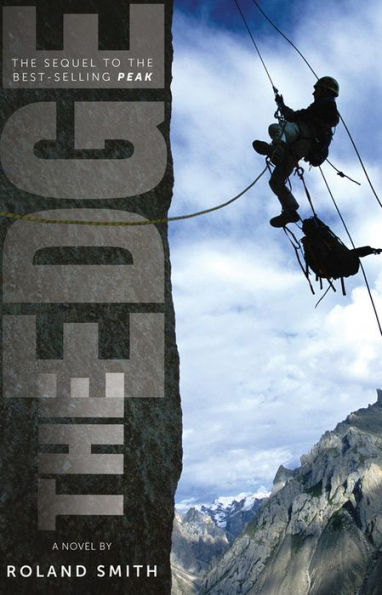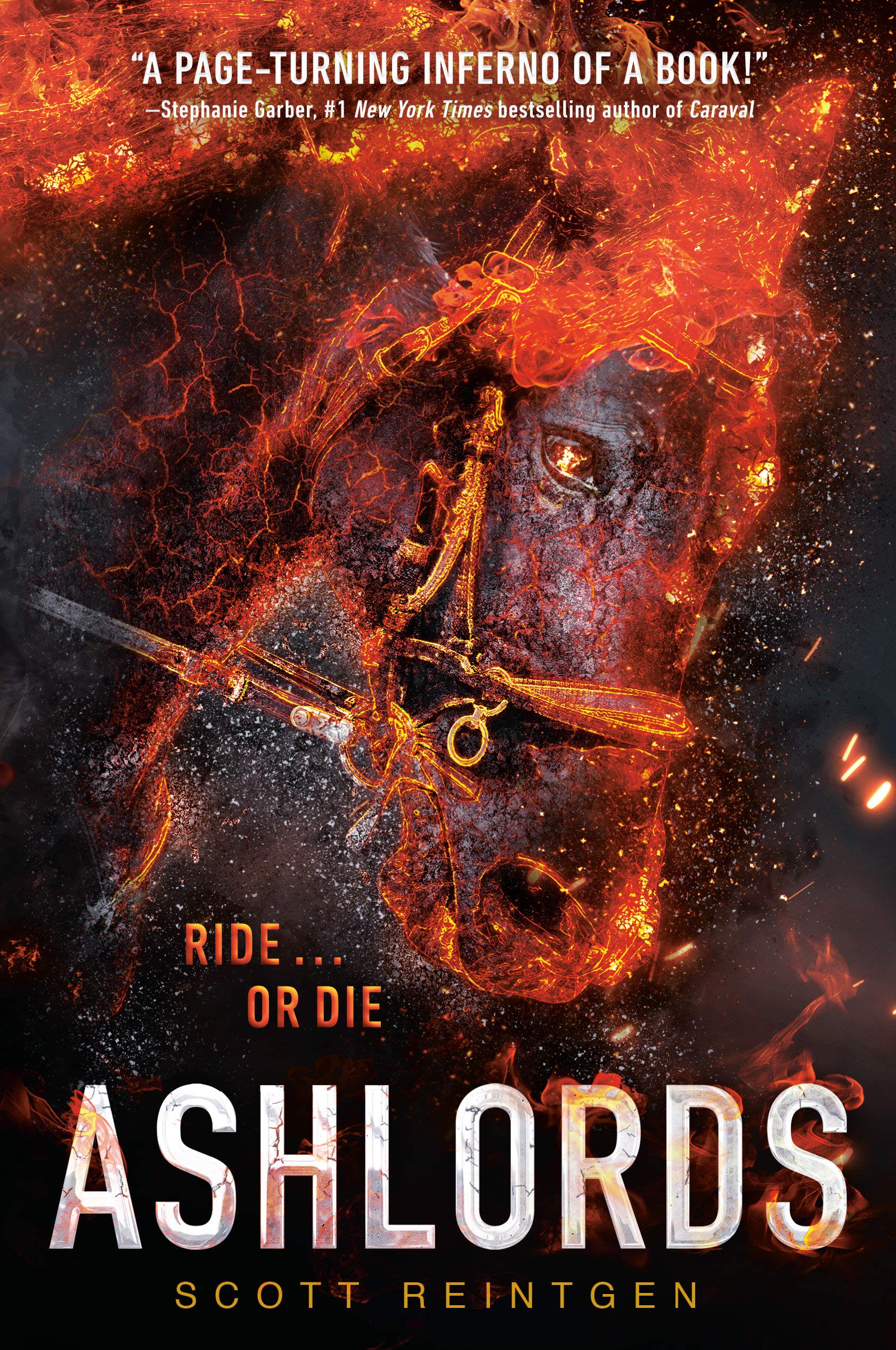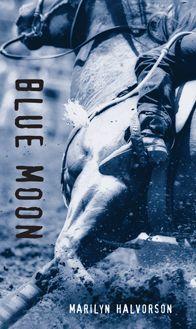According to ancient myths, when the Soul Riders and their horses are gathered together, they will be able to defeat the evil that threatens the island. But Lisa and her friends don’t quite understand this yet. And now that Lisa’s horse, Starshine, has been stolen from Jorvik Stables and her father has disappeared, there’s no time to think about old stories. Together with Alex and Linda, Lisa embarks on a dangerous journey into Jorvik’s magical landscape to save Starshine, and to find the answers they are searching for.
At the same time, Anne is on her own mission. She must find her horse, Concorde, who seems to have been transported to the strange and dangerous world of Pandoria. But someone keeps whispering dark lies into Anne’s head that make her doubt if there’s any hope at all for the four girls. . .
The Legend Awakens explores the nature of good and evil; however, after the four Soul Riders realize they have powers, they are confused as to how to use them. The girls do not understand the mythology of Jorvik, yet they are committed to defeating Garnok. Even as the girls fight Mr. Sands—who Garnok has granted eternal life—they don’t understand who Garnok is. Plus, there are several evil beings who serve Garnok, but it is unclear exactly what they are. While the magical world has some interesting elements, the character’s confusion and lack of knowledge will frustrate readers.
The adults helping the soul riders continuously remind the girls about the importance of working together. Despite this, the girls quickly go off on their own mission and lose touch with each other. The multiple viewpoints, along with the quickly changing perspectives gives the story a fast pace. However, some readers will have a difficult time keeping track of the various plot threads.
The story’s complicated plot, unexplained concepts, and lack of character development make The Legend Awakens a confusing story. Nevertheless, readers who are interested in the supernatural may enjoy The Legend Awakens. If you’re looking for an entertaining series about horses, The Legend Awakens will leave you disappointed. Horse-loving readers who want a fast-paced story that revolves around horses should add The Rose Legacy Series by Jessica Day George to their reading list.
Sexual Content
- None
Violence
- Sands steals Starshine and puts him in an electrified cage. The horse “was tied in place with heavy chains and a shiny stainless steel halter.” When Lisa tries to rescue Starshine, Mr. Sands locks her in a cage next to her horse.
- Meteor is horse-napped. When Lisa first sees him, she wonders if he is dead. “The crane with Meteor’s lifeless body dangled from the end rolled slowly along. . . He was alive! But he was badly injured. At least one of his hind legs looked broken, and his skin was covered in deep sores.” Lisa uses her magic to heal Meteor.
- One of the spirit’s horses, Khann, tries to stop Alex and her horse Tin-Can from fleeing. Alex uses her power. Alex “let a bolt of lightning flash out of her and land near him. He whinnied and his black eyes almost rolled into his head. Then he galloped into the woods. . .”
- When Sabine tries to hurt Linda, Alex attacks with lightening. “The lightning bolts were accompanied by a rumbling noise and a sharp flash of light. . . the lightning hit Sabine but bounced off her like a rubber ball. . . Sabine lifted Linda up by her long, thick braid and spun her around in the air, grinning.” Eventually the lightning effects Sabine and she “fell over the stair railing. Alex heard Sabine curse angrily before she hit the floor with a hard thump, then silence.” The battle is described over three pages.
- Shadows attack Anne and her horse Concorde. “Concorde whinnied, a prolonged and tormented sound . . . Then came the shadows. They coiled their way around her like a wreath. She realized that the shadow creatures had arms, legs, and big heads that slowly swayed back and forth as they took everything from her that made her who she was. . . And now they were upon her, arms growing, menacing shadows. They tugged at her legs now, groping at Concorde, who desperately tried to rear up and get free. . .” Ann stops fighting and expects to die. The scene is described over two pages.
- Later, Anne defeats the shadow people. “She took control of the sun, of the clear pink water, of the slowly swaying vines that had made her dizzy before. It all became hers. The ground and the air, and the strange statues that whispered that the world was bigger and more amazing than could have ever suspected.” Anne creates a portal like a “reddish-pink tornado” and leaves the Pandoria and the shadows.
- Evil beings, including Ketja, chase the four friends into the mountains. Ketja says an incantation and then, “the boulders on the slope were rolling downhill, heading straight for them. . . When the first boulder was only a few seconds away from smashing into them, it exploded. [Anne] closed her eyes and screamed in fear, loudly, a scream that echoed throughout the entire forest.”
- To escape Ketja and her evil friends, the girls make a bridge collapse. “Anne turned to look back and saw the horses’ legs moving, the riders’ shocked faces as what was left of the bridge gave way underneath them and they all fell, plunging downward along with fragments of the collapsing bridge.” Their pursuers disappear into the ravine. The scene is described over four and a half pages.
- An owl attacks Anne “ripping at Anne’s hair. . . A big tuff of her long, blonde hair ripped out, caught in the bird’s claws, and she screamed in pain.”
Drugs and Alcohol
- None
Language
- Oh my God is used as an exclamation three times.
- Linda thinks that the people who lived in the 1800s were idiots.
- Heck and darn are both used once.
Supernatural
- The Soul Riders are told about Aideen, who “brought light to the island, and life and hope poured forth out of the cold emptiness.”
- Pandoria is a “world that co-exists with ours. Pandoria’s unreality seeps into our reality and vice versa. That is the essence of magic.”
- The soul riders are “chosen girls who share a special bond with their horses. Through that bond, they acquire special powers to help them fight against evil.”
- The girls discover that Mr. Sands has been alive for hundreds of years. Mr. Sands “had met Garnok several hundred years ago and had been granted eternal life then so that he could successfully accomplish just this: the liberation of Garnok.” Garnok is evil; however, it is unclear who or what Garnok is.
- Jessica is an evil spirit, who has taken a human body. “She hated being stuck in this body. When Garnok was finally set free, she needed to be as well. . . Jessica longed to return to the dark star, back to her life beyond a body, beyond the earth.”
- One of the girls finds a book titled “Garnok: Truth or Myth.” The book says that Garnok is “a sea monster” that “steals the sailors’ souls.”
- Later, someone tells the girls that “Garnok is all that is evil. He comes from a place where chaos reigns, and he wants to return there. But before he returns, that chaos and destruction would also be spread through our world.”
- One of the evil spirits uses the power of her mind to speak into Anne’s consciousness.
- When an evil spirit chases Linda, Linda hides. “The moonlight flowed into her now and she disappeared in the shade of the far side of the moon. The moon had a back side, and that is a perfect hiding spot.”
- Fripp is a “cosmic being” that looks like a squirrel. “If you can imagine a blue, slightly overgrown squirrel.”
- While in Pandoria, Anne uses the sun to help her horse Concorde. “And Anne reached out her hands and took the sun and moved it even deeper into Concorde’s slumbering soul. It was hers to take. She knew that now. It was hot, but it didn’t burn. Nothing could hurt her as long as she had the sun on her side.”
- While in a swamp, a bright light uses Lisa’s mother’s voice to call to her. “Then she heard it again, the summoning voice. It embraced her heart. She was bewitched by the flickering white flare of light over the dark water. It was so beautiful . . .” Lisa goes into the water. Before she can drown, Alex “shot lightning at the swamp, but the bolts rebounded, veering around in the air with the will-o’-wisps.” Lisa’s friends save her. The scene is described over four pages.
- Later in the swamp, the horse Calliope falls into the mire. All of the girls “screamed for Calliope now. . . Her legs flailed in panic, creating big ripples in the water, and she screamed, screamed louder than they were screaming, pleading to be rescued.” When Calliope gives up, she “vanished below the surface.”
- The girls are sent to find a magical apple.
Spiritual Content
- Linda tries to escape from Sabine, an evil spirit. As she runs, “she locks the door behind her and said a grateful prayer for those extra seconds” which allowed her to avoid Sabine.
- After being injured, Linda sees Alex and says, “I prayed you would come and you did!”
